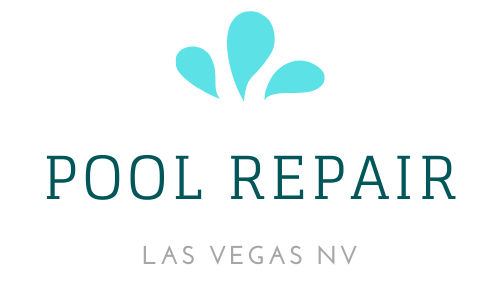A swimming pool is a source of relaxation and enjoyment, but occasionally, it can encounter issues that require troubleshooting. Knowing how to identify and address common pool problems can save you time, money, and frustration. In this article, we will share valuable tips from pool professionals to help you troubleshoot and resolve common pool problems effectively.
1. Cloudy Water
Cloudy water is a common issue that can stem from various factors, such as improper water balance, inadequate filtration, or poor circulation. Here are some troubleshooting tips:
- Test the water chemistry and adjust the pH, alkalinity, and sanitizer levels as necessary.
- Clean or backwash the pool filter to ensure optimal filtration.
- Check and clean the skimmer and pump baskets to remove any debris.
- Run the pool pump and filter for an adequate duration each day to ensure proper water circulation.
2. Algae Growth
Algae growth can make your pool unattractive and unsanitary. To address algae problems, follow these steps:
- Test and balance the water chemistry, ensuring appropriate sanitizer levels.
- Brush the pool walls and floor to remove any visible algae.
- Shock the pool with a chlorine-based shock treatment to kill algae.
- Use an algaecide to prevent future algae growth.
- Maintain proper filtration and circulation to inhibit algae development.
3. Low Water Level
A consistently low water level in your pool can indicate a leak or evaporation. To troubleshoot this issue:
- Conduct a bucket test to determine if the water loss is due to evaporation or a leak. Fill a bucket with water and mark the water level inside and outside the bucket. Compare the two levels after 24 hours. If the pool water level drops more than the water inside the bucket, you may have a leak.
- Inspect the pool for visible leaks, such as wet spots or soggy ground around the pool area.
- Check the pool equipment, including the pump, filter, and plumbing connections, for any leaks or drips.
- If you suspect a leak, consider contacting a professional pool leak detection service for further investigation and repair.
4. Inadequate Water Circulation
Proper water circulation is crucial for maintaining water clarity and preventing the buildup of debris or contaminants. If you notice inadequate water circulation, try the following:
- Ensure that the pool pump and filter are properly sized and functioning correctly.
- Clean or backwash the pool filter to remove any trapped debris and improve water flow.
- Check for any obstructions in the skimmer or pump baskets and remove any debris.
- Adjust the pool return jets to optimize water flow and circulation.
5. Equipment Malfunction
Pool equipment, such as pumps, filters, and heaters, can experience malfunctions that affect pool operation. Here’s what you can do:
- Regularly inspect and clean the pool equipment to ensure it is free from debris or blockages.
- Monitor the pressure gauge on the pool filter and backwash or clean the filter when the pressure rises excessively.
- If you encounter equipment issues beyond your expertise, contact a professional pool technician for diagnosis and repair.
6. Water Chemistry Imbalance
Maintaining proper water chemistry is essential for pool health and swimmer comfort. If you encounter water chemistry problems, take these steps:
- Test the water regularly using a pool testing kit to measure pH, chlorine, alkalinity, and other chemical levels.
- Adjust the water chemistry as needed to achieve the appropriate balance.
- Shock the pool with a chlorine-based shock treatment to address any bacterial or organic contamination.
- Follow proper chemical dosing instructions and consult with a pool professional if you need assistance in maintaining water chemistry.
7. Pool Surface Stains
Stains on the pool surface can be unsightly and difficult to remove. Try the following troubleshooting tips:
- Identify the type of stain (organic, metal, or mineral) to determine the appropriate treatment method.
- Use pool stain removers or specialized chemicals to target specific types of stains.
- Scrub the stained area gently with a pool brush to facilitate stain removal.
- Prevent future staining by maintaining proper water chemistry and regular pool maintenance.
Remember, if you encounter complex pool problems or are unsure of how to address an issue, it’s advisable to consult with a professional pool technician. They have the expertise and experience to diagnose and resolve more challenging pool problems, ensuring the longevity and enjoyment of your swimming pool.
